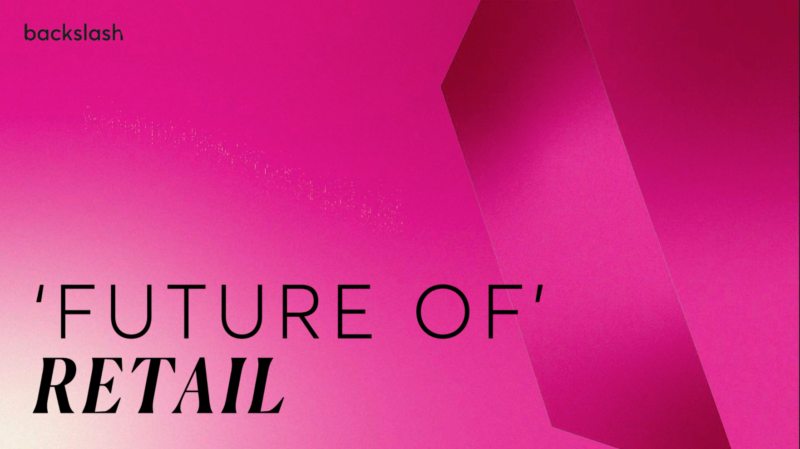TBWA report tables how the retail industry can survive beyond COVID
TBWA\Worldwide’s cultural intelligence unit, Backslash, has released a report on the future of the global retail sector, highlighting how to unlock opportunities in the COVID-disrupted industry.
The report is the second in Backlash’s ‘Future Of’ series, with the latest report exploring the the most urgent questions facing retail businesses, after the industry saw an accelerated shift towards e-commerce during the pandemic.
Renata Yannoulis, a strategist at TBWA\Sydney, who contributed to the report said: “As we enter the next roaring ‘20s era, the retail industry is being forced swiftly into its next iteration. Sharp pivots are required for brands to meet the new consumer mindset, that continue to shift at a faster pace than ever before.”

While a report from Nasdaq predicts 95% of purchases will be made online by 2040, 71% of consumers say that purchasing in store is still their preference. The report looks why eradicating in-store shopping may not be the answer, and how the relationship with the in-store experience is changing.

